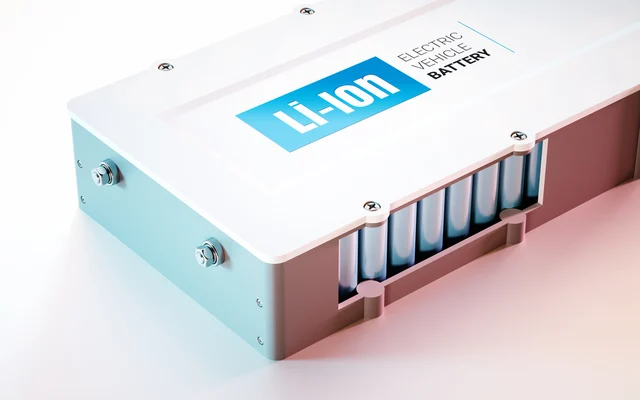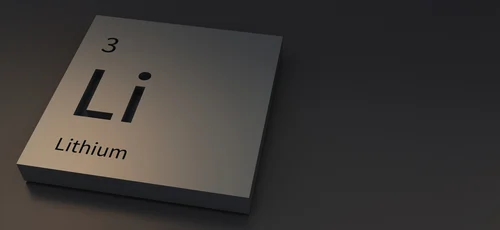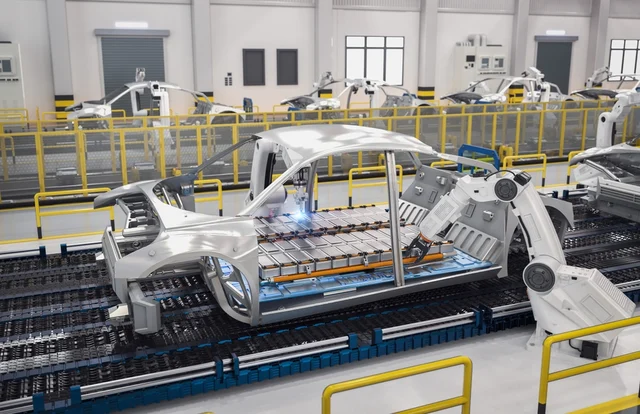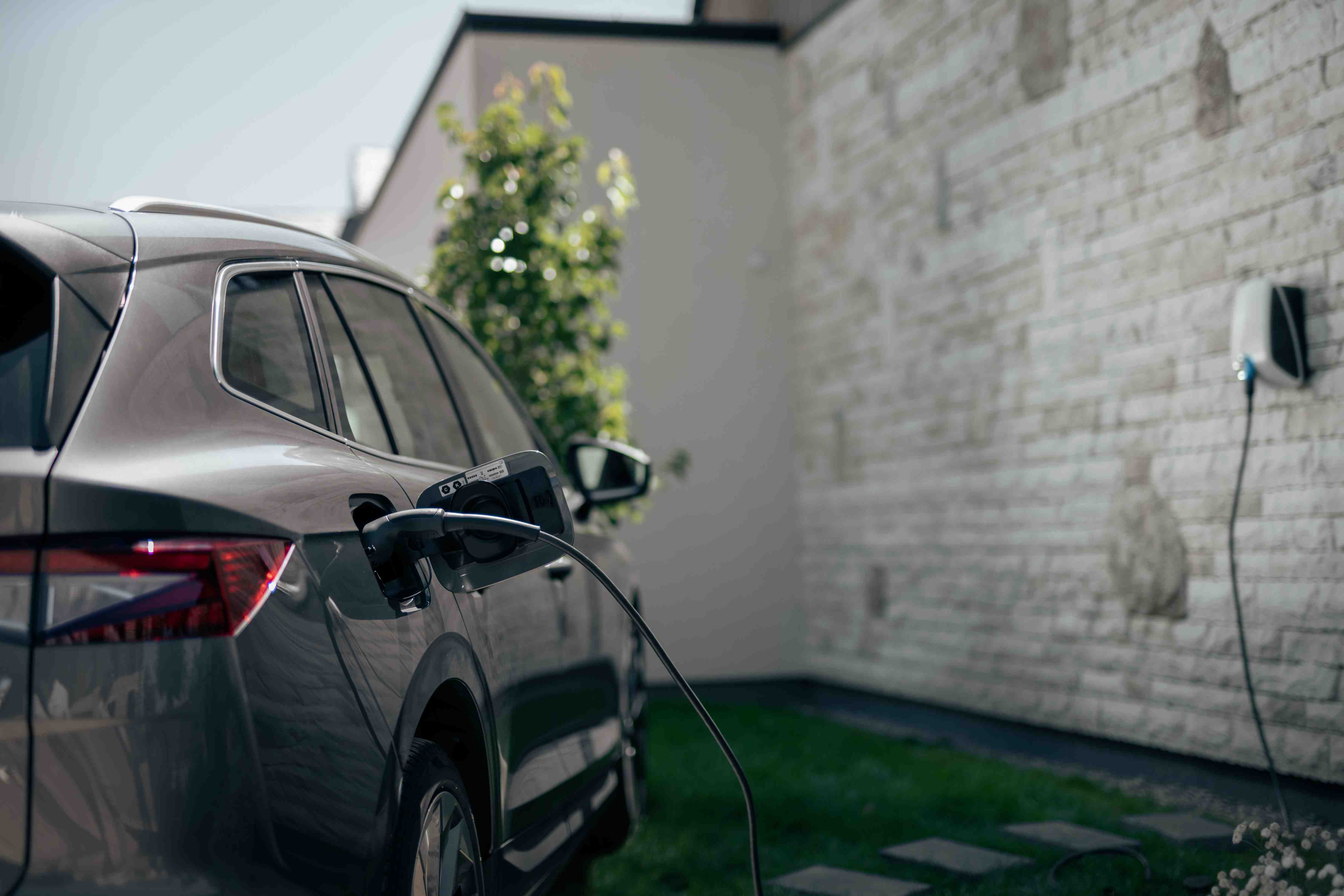Typically, modern electric vehicle (EV) battery packs come with a price tag ranging from $10,000 to $12,000. There was once doubt whether electric vehicles would become mainstream, but according to recent reports from PwC, global EV sales skyrocketed by 75% in Q3 2022 compared to the same period the previous year. Although more drivers are leaning towards purchasing electric cars, the steep price remains a major hurdle for widespread EV adoption. The primary factor driving this cost is the EV battery itself. Despite a recent increase in battery prices, the overall trend over the last decade has been a significant decline, and this downward trajectory is expected to continue in the future. This article will explore the key factors influencing the price of EV batteries, replacement costs, and practical tips to maintain your car's battery health to maximize its lifespan. It’s no secret that batteries are costly, but what exactly makes them so expensive? While the materials used play a role, the story is more intricate. Let’s break down the various components contributing to the price of an EV battery. Similar to the batteries in our phones or laptops, an EV battery pack is primarily composed of lithium – on a much larger scale, incorporating thousands of rechargeable lithium-ion cells. Because of its size and design for high-intensity use, EV batteries are engineered to be more durable and long-lasting than typical consumer electronics. Producing an EV battery requires a variety of materials and elements, many of which are rare or hard to extract. In addition to lithium, EV batteries commonly include metals such as nickel, cobalt, manganese, and graphite, along with steel or aluminum for the battery pack casing. The complexity and scarcity of these materials can significantly raise the cost of EV batteries. The challenge of sourcing materials for EV batteries is compounded by the rapid surge in demand for electric vehicles, putting immense pressure on supply chains to meet growing needs. Since early 2020, the automotive industry has faced persistent shortages of computer chips, which continue to affect the cost of producing EVs. Moreover, challenges in securing sufficient lithium supplies have hindered many EV companies, leading to higher prices. These factors have driven lithium prices to their highest level in 12 years, resulting in increased EV battery costs. With global manufacturers investing over $500 billion in electrifying their fleets, we might see further price hikes as automakers compete for limited resources. The manufacturing process also plays a crucial role in determining the cost of EV batteries. Unlike other types of batteries, EV batteries require high energy density, which measures how much energy can be stored per unit of weight. This is vital for maximizing storage capacity while keeping the car lightweight and ensuring optimal range. Achieving such high energy density demands expertise, which is concentrated in a few countries and companies. Currently, China produces approximately 70% of the world’s EV batteries, followed by the US, Japan, and South Korea. This concentration of knowledge and technology inevitably drives up costs. Although countries like the US and the EU are working to establish domestic production, China is likely to remain the dominant EV battery supplier until at least 2030. Given the initial expense of EV batteries, it’s unsurprising that replacing a car battery is a substantial financial commitment. Today, EV batteries are expected to last between 15 to 20 years or 100,000 to 200,000 miles, depending on driving habits. This longevity far exceeds the average lifespan of conventional vehicles. In rare cases where battery replacement becomes necessary, the cost can range from free (if under warranty) to over $20,000, depending on the vehicle model and warranty status. The cost of replacing a battery also varies based on the specific vehicle model. Some models feature easily accessible and standardized battery packs, while others may require more effort to remove or utilize custom-made batteries, which can be harder to obtain. Even if your battery does eventually fail, most EV manufacturers offer at least an 8- to 10-year warranty on the battery pack, ensuring coverage for the majority of the vehicle’s life and minimizing repair costs. While EV batteries are built to last and often come with extended warranties, it’s always wise to take preventive measures to ensure maximum lifespan. Here are some simple steps you can take to preserve your battery and reduce wear and tear: Avoid charging your EV to full capacity or letting it drain completely, as both practices put undue stress on the battery. It’s best to keep your battery charge between 20% and 80% for regular use. Additionally, try not to charge your vehicle too frequently unless absolutely necessary. By following these guidelines, you can help ensure your EV battery remains healthy and functional for years to come. Sinopec Epoxy Resin,Epoxy Resin,Sanmu Epoxy Resin,Low Price Epoxy Resin Saint Petrochemicals Limited , https://www.saintpec.com
The Growth of the EV Market and Battery Costs

Why Are Electric Car Batteries So Expensive?
What Are EV Batteries Made Of?


Supply and Demand Gap
Battery Manufacturing

Replacing Electric Car Batteries
How Often Do EV Batteries Need Replacement?
Cost of Replacing an EV Battery

Prolonging the Lifespan of Electric Car Batteries

Typically, modern electric vehicle (EV) battery packs come with a price tag ranging from $10,000 to $12,000. Sinopec Epoxy Resin,Epoxy Resin,Sanmu Epoxy Resin,Low Price Epoxy Resin Saint Petrochemicals Limited , https://www.saintpec.com
The Growth of the EV Market and Battery Costs